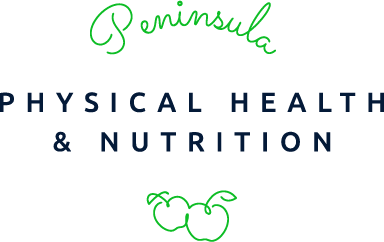Are there any health benefits of a vegan diet?
Yes, a vegan diet can be nutritious, but extra care needs to be taken. It is important that careful consideration and planning goes into a vegan diet to ensure that all nutrient bases are covered.
A vegan diet is one where only plant based foods are eaten, it excludes all animal products and animal derived ingredients (meat, poultry, fish, seafood, dairy products, eggs, honey and any other animal derived ingredients).
The benefits of a vegan diet on chronic health conditions:
A vegan diet can be beneficial in improving glycaemic control of individuals with type 2 diabetes, and reducing risk factors for cardiovascular disease. The American Diabetes Association looked into vegan diets and their affect on HbA1c, total blood lipid levels, cholesterol and body weight. All markers were significantly reduced after 22 weeks on a vegan diet – supplemented with B12 tablets to ensure nutrient adequacy.
A well balanced vegan diet may be one method of reducing weight, and improving glycaemic levels amongst T2DM sufferers and reducing risk of cardiovascular disease.1
To ensure nutritional adequacy of a vegan diet, these nutrients need to be considered as they are mainly/only found in animal products:
- Iron – the type of iron found in plant foods (non-haem iron) is not easily absorbed compared to animal sourced iron. It is important to pair your plant based iron (legumes, tofu, nuts, seeds, wholegrains, fried fruit, dark leafy greens) with Vitamin C rich foods to boost the absorption levels. Vitamin C rich foods include berries, citrus, tomatoes, broccoli.
- B12 – is naturally occurring in animal products only. Vegans must include foods fortified with B12 or take a B12 supplement. Common foods fortified with B12 include vegetarian burgers/patties/sausages, some breakfast cereals, some soy milks)
- Calcium – no dairy products are included in a vegan diet. Calcium must come from other calcium rich foods or fortified products. Tofu, calcium-fortified soy products, green leafy vegetables, tahini and almonds are good alternatives for dairy products.
- Omega 3 fat’s – our body must ingest omega 3 fats as we cannot produce it ourselves. It is commonly found in oily fish, however a vegan diet could include linseeds, flaxseeds, walnuts, chia seeds, soy bean and canola oil as alternative omega 3 sources, but note that the type of omega-3 found in these plants differs from the marine omega 3 fat which is the more beneficial form. the body is able to convert a small amount of plant omega 3 fats to the marine type.
-
A Low-Fat Vegan Diet Improves Glycemic Control and Cardiovascular Risk Factors in a Randomized Clinical Trial in Individuals With Type 2 Diabetes. Neal D. Barnard, Joshua Cohen, David J.A. Jenkins, Gabrielle Turner-McGrievy, Lise Gloede, Brent Jaster, Kim Seidl, Amber A. Green, Stanley Talpers. Diabetes Care Aug 2006, 29 (8) 1777-1783; DOI: 10.2337/dc06-0606





